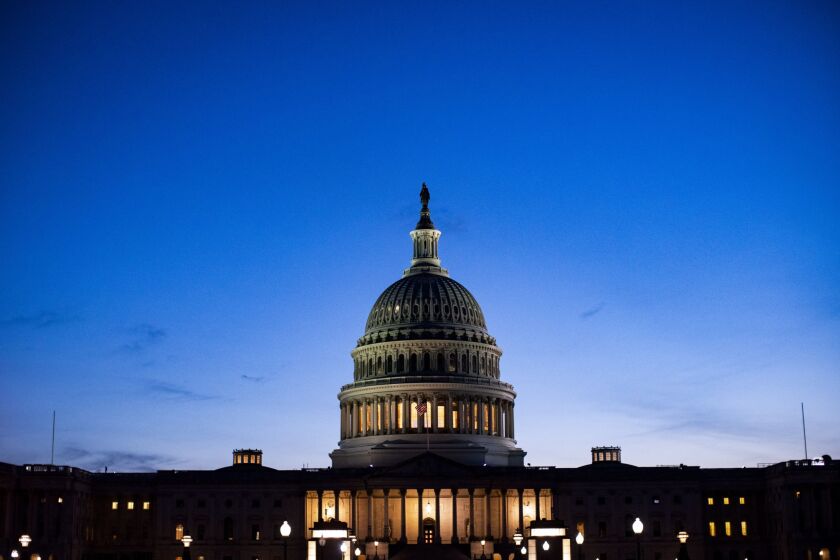The coronavirus pandemic has exposed weaknesses even at well-established fintechs. They could become more resilient by partnering with traditional financial institutions.
While they are not dramatically opposed, Jelena McWilliams and Brian Brooks have articulated their own ideas on postal banking and the use of artificial intelligence in lending.
The changes being sought would benefit both small businesses and banks, which would avoid the cost of servicing many low-yielding loans.
An interagency notice meant to encourage lenders to offer small consumer loans also provides federal agencies too much say on what constitutes “reasonable” pricing.
Bankers have become more uncertain about how to serve marijuana businesses owing to confusion about which states deem them essential.
Operation HOPE Chief Executive John Hope Bryant talks about how the Community Reinvestment Act influenced him at the age of 9 and eventually led to the founding of his nonprofit, which works with banks to help communities in need. But he says the 1977 law is outdated.
Banks tend to pull back in times of crisis by tightening credit and focusing on collections efforts. But consumers, and not returns, must be the focus during the coronavirus pandemic.
Regulators need to revamp their proposal to overhaul the Community Reinvestment Act now that the coronavirus outbreak has created unforeseen financial needs.
It's time for agencies like the Small Business Administration to stop playing catch-up and invest in state-of-the art technology.
Lawmakers delayed the new accounting standard as part of the stimulus package, but they shouldn't let bankers persuade them to eliminate it outright.




















